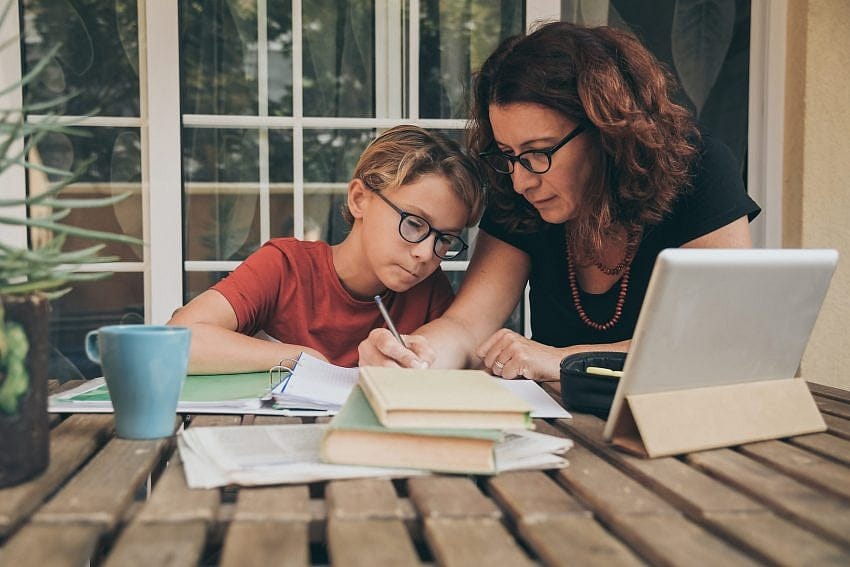Harvard Law School Professor Calls for a ‘Presumptive Ban’ on Homeschooling

A Harvard Law School professor is calling for what she calls a "presumptive ban" on homeschooling nationwide.
Elizabeth Bartholet, an expert on children's rights and reproductive technology, makes the case in a recent law review article for changing the system in the United States from assuming that parents can homeschool their children to assuming that parents should have to prove to government officials why they should be allowed to do so.

